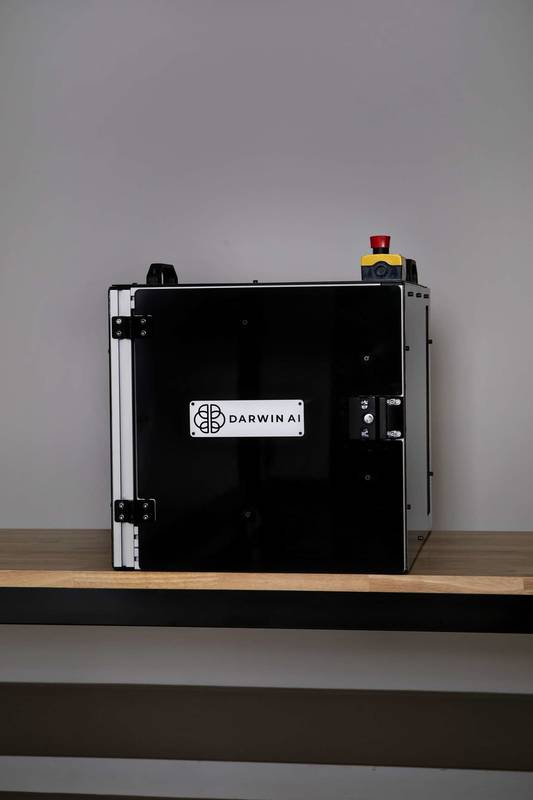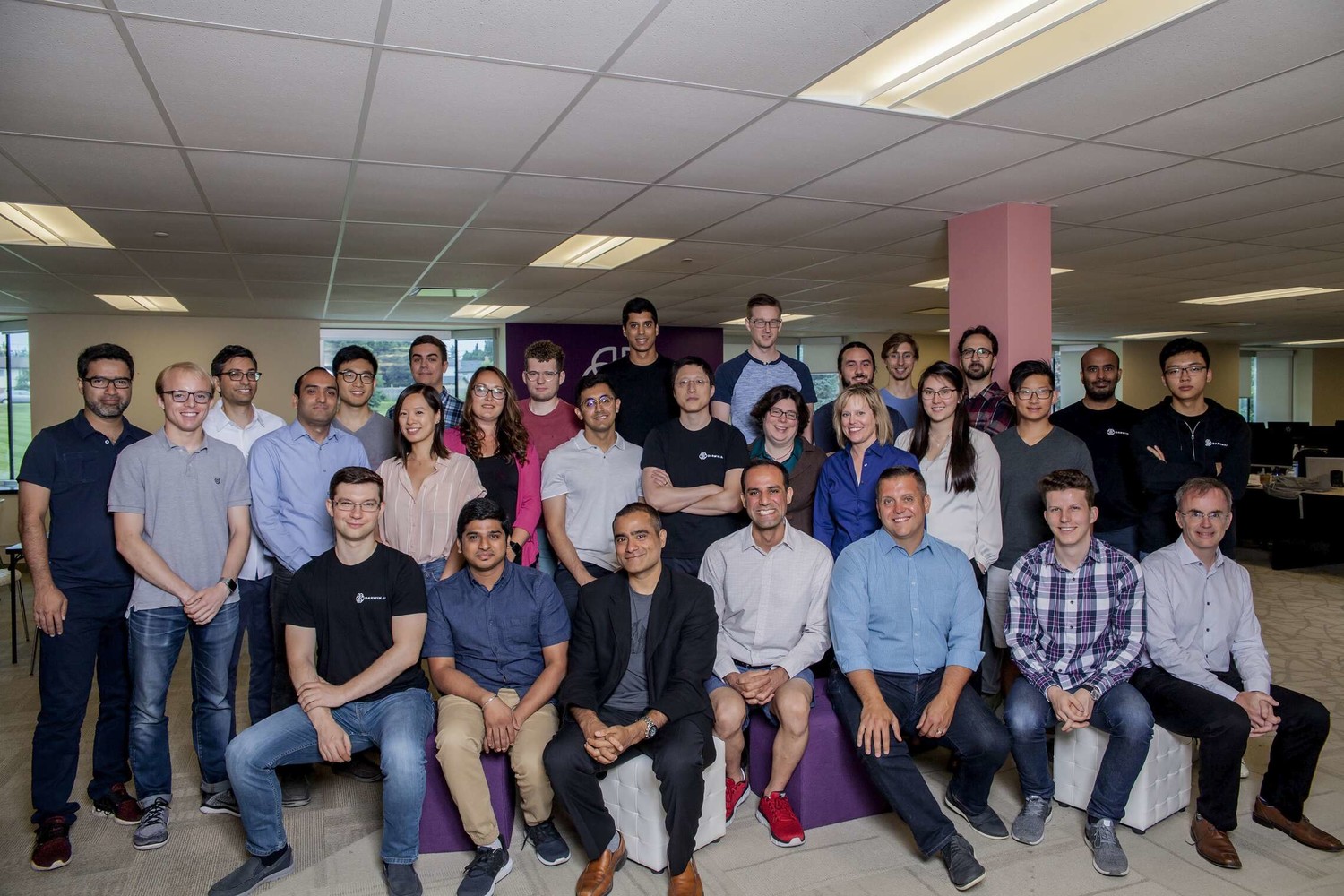

DarwinAI’s Artificial Intelligence Defect Detection Solution Digitizes the Last Mile of Quality Assurance in Printed Circuit Board Assembly. Artificial intelligence (AI) is a crucial technology in the enablement of Industry 4.0. It's the next wave of industrial innovation that will dramatically change the way products are produced and how manufacturers operate. In the Industry 4.0-enabled smart factory, computers are connected and talk to each other. Lines are fully automated and controlled by robots. Autonomous vehicles transport goods to and from work cells. Sensors and wearables capture data in real-time to provide an instant picture of life on the manufacturing floor. By using AI to analyze the high volume and variety of data produced in this smart factory, manufacturers can make sense of the data “noise” and use that information to optimize their processes, realize cost savings, make safety improvements, drive supply-chain efficiencies, and achieve a host of other benefits.

DarwinAI’s story and venture into the Industry 4.0 world began in 2017 with the team’s vision to transform industries by instilling trust in Artificial Intelligence. The company’s six founders, University of Waterloo alumni, Sheldon Fernandez, Dr. Mohammad Shafiee, Brendan Chwyl, Francis Li, Arif Virani, and Dr. Alexander Wong, had worked extensively with the world’s leading manufacturers and learned that while many enterprises wanted to integrate AI into their production and quality inspection processes, many believed the technology was too difficult and not accessible to them. As they dug deeper into the challenges facing the manufacturing sector the DarwinAI team uncovered a unique opportunity to use AI to improve quality processes related to printed circuit board assembly, also known as PCBA, where electronic components are soldered onto a printed circuit board (PCB). PCBs are found in every electronic device these days from automotive vehicles to toasters to mobile phones. They are manufactured at scale in the millions around the world. The final third of the PCBA manufacturing process quality inspection process is still largely done manually by humans who pick up the board and examine it for defects.
“When we learned that, a huge light bulb went off for us,” says DarwinAI CEO Sheldon Fernandez. “We knew we could crack this problem through automation -- specifically through Artificial Intelligence.”
DarwinAI’s defect detection platform for PCBs enables manufacturers to get started with a lower data requirement and more rapidly achieve their ROI targets, by augmenting or removing the human element in the PCB quality inspection process. Manufacturers are able to produce products faster and more accurately with less waste. But the benefits don’t stop there.
Says Sheldon, “By digitizing the PCB quality process previously done by humans, we are also gathering valuable data that manufacturers can use to improve line efficiency during particular points of the day. They can look at overall plant efficiency. They have a plethora of data at their fingertips to make their overall processes more effective.”
But when you are using AI to scan and process data associated with thousands of boards you are generating a LOT of data. That’s where the relationship with 5G Open Innovation Lab comes in.
“That data that is most useful to the manufacturer is typically obtained at the edge,” explains Sheldon. “But then you need to move that data into the cloud or an on-premise server to process it and that’s where having a 5G infrastructure becomes critical.”
DarwinAI’s customer sweet spot is with electronic manufacturing service (EMS) companies that manufacture PCBs at scale for other organizations. The company has landed several large clients to date, including an OEM, an EMS and numerous mid-sized manufacturers who are still generating revenue in the 10s of millions annually.
“Large EMS companies are billion dollar organizations that the average consumer won’t be familiar with yet are critical to the supply chain,” says Sheldon, “And include names such as Foxconn, Jabil and Celestica. The nice thing about this market is that it is a relatively small community. It is a $4 to $6 billion market but is represented by around 5,000 companies worldwide, with the top 10-12 of those companies owning 20-30% of the market. There are a handful of representative associations and conferences in the space and we have made a point of having a presence at all of them.”
Sheldon was first introduced to Jim BrisimitzIs, Managing Director of 5G Open Innovation Lab through one of DarwinAI’s advisors. “We were immediately struck by Jim’s honesty and integrity and just plain (dare I say ‘Canadian’) nice-ness. I remember thinking, even if this has nothing to do with 5G we need to work with Jim. But of course, there’s absolutely a strong connection between the Lab and the 5G world. So we joined the ecosystem and have been benefitting ever since. The 5G OIL team helped us refine our product and its value proposition. And to scale DarwinAI, we are going to need channel partners. 5G OIL can open those doors for us.”
The future for DarwinAI is all about commercial traction. “It’s simple for us,” says Sheldon. “We have solved a high-value problem. We have customers with that problem. We now need to sell our product to those customers to solve that problem. Gone are the days when you could publish a paper, claim IP and land investor money. Revenue is the new research for AI companies. We need to build a real business.”
Posted August 09, 2023